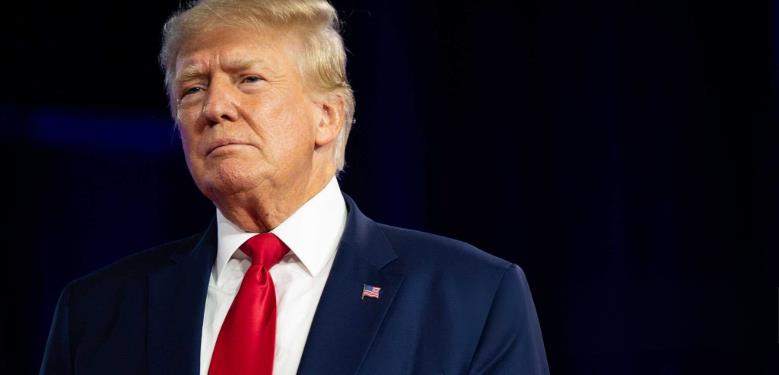
The 2024 U.S. election has concluded, with former President Donald Trump defeating Vice President Kamala Harris and returning to the White House.
Trump's re-election has sparked global attention and is expected to have a long-term impact on international exchanges, particularly on China-U.S. tourism.
As the world's two largest economies and tourism markets, China and the U.S. have undergone complex shifts in mutual dependency and influence under Trump’s previous administration.
During the early COVID-19 outbreak, the U.S. enacted restrictive measures including travel bans and stricter visa checks, which negatively impacted China-U.S. tourism.
In fiscal year 2016, the U.S. Department of State issued 6.9 million visitor visas.
However, with Trump in office, this number sharply declined, reaching only 2.2 million in 2020, a figure less than one-third of the 2016 levels.
According to Skift data, Chinese tourists to the U.S. decreased from 3.2 million to 2.8 million during Trump’s presidency.
Although the Biden-Harris administration saw a recovery trend, the number remain below the 2019 levels.
Trump's second term as does not bode well for the China-U.S. tourism industry, which has been eager for a faster recovery.
Potential Implications:
1. Further tightening of travel visa policies
2. Escalating tensions between China and the U.S.
3. Economic policies indirectly hindering tourism growth
4. Increased limitations on cultural exchanges and tourism promotion




